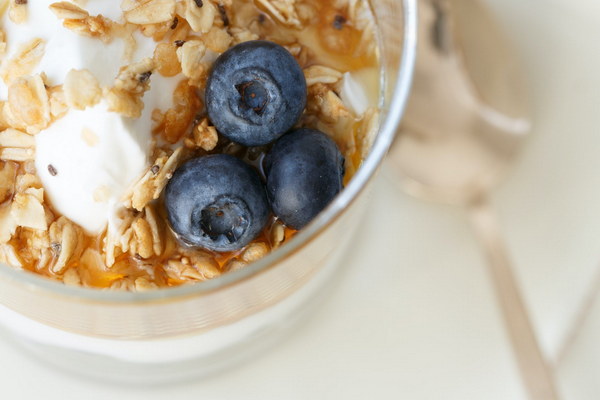Balancing Baby's Body Temperature A Guide to Treating Chilly Babies
Introducing a chilly baby to the world can be quite a daunting experience for new parents. Babies, being delicate creatures, are more susceptible to colds and other illnesses. One common concern among parents is how to keep their little ones warm without overheating them. In this article, we will explore the importance of maintaining a balanced body temperature for your baby and provide some practical tips on how to achieve this.
Understanding Body Temperature in Babies
Babies have a higher metabolic rate and less body fat compared to adults, making them more prone to rapid changes in body temperature. It is crucial for parents to recognize the signs of a chilled baby, as they can lead to more serious complications if not addressed promptly.
Signs of a Chilly Baby:

1. Pale, blue, or blotchy skin
2. Poor appetite and crying
3. Shivering
4. Low energy levels
5. Difficulty in maintaining body heat
Warming Up Your Baby:
1. Use Warm Clothing: Dress your baby in light, warm clothing. Opt for layers that can be removed or added as needed. Avoid bulky clothing, as it can trap heat and lead to overheating.
2. Keep the Room Warm: Aim for a room temperature between 68°F to 72°F (20°C to 22°C). Use a baby monitor to ensure the room temperature is consistent and comfortable.
3. Use a Blanket: Swaddle your baby in a lightweight, warm blanket. Make sure the blanket covers the baby's body but does not cover the face. Swaddling can help retain body heat and provide a sense of security.
4. Bath Time: Give your baby a warm bath to help regulate their body temperature. Be sure to dry them off thoroughly afterward to prevent heat loss.
5. Feeding: Feeding your baby can help regulate their body temperature. Breast milk or formula can increase their body heat as they digest.
Preventing Chills:
1. Monitor Outdoor Activities: If you plan to take your baby outdoors, dress them in warm, weather-appropriate clothing. Keep in mind that wind can make a baby feel colder, so ensure they are well-protected.
2. Avoid Overheating: It is essential to prevent your baby from overheating, as this can lead to heat exhaustion or even heat stroke. Avoid using heavy blankets or heating pads directly on your baby's skin.
3. Stay Hydrated: Adequate hydration can help maintain a stable body temperature. Offer your baby breast milk or formula regularly.
When to Seek Medical Attention:
If your baby is showing signs of being chilled and these measures do not help, or if you suspect they are experiencing more severe symptoms, such as difficulty breathing or a high fever, seek medical attention immediately.
In conclusion, maintaining a balanced body temperature is crucial for your baby's health and well-being. By following these practical tips, you can help ensure that your little one stays cozy and comfortable. Remember that every baby is unique, so pay close attention to your baby's needs and adjust the methods accordingly. With patience and care, you can keep your baby warm and happy.









